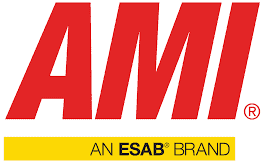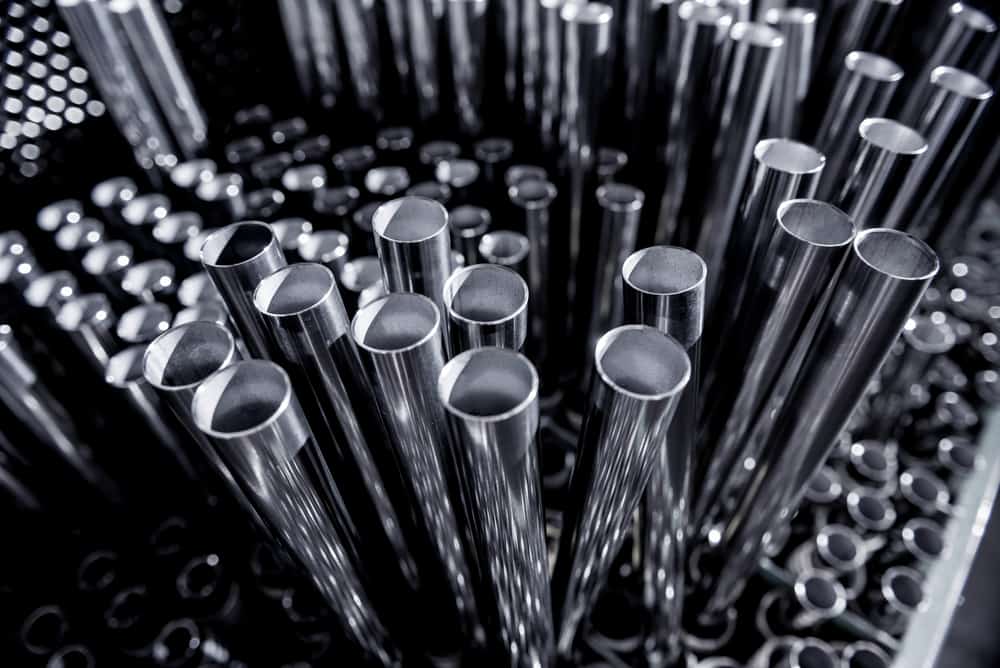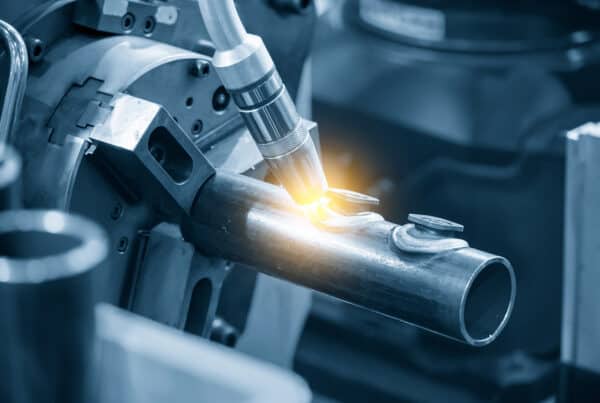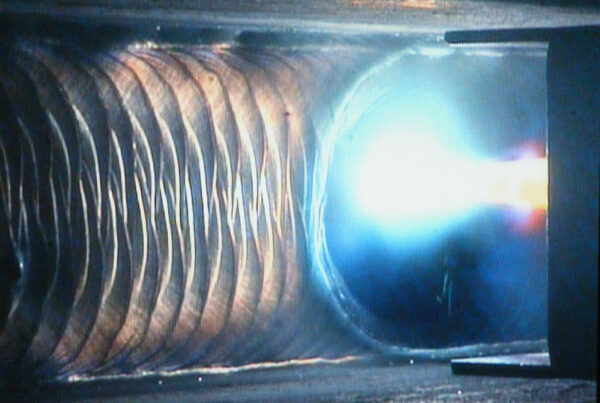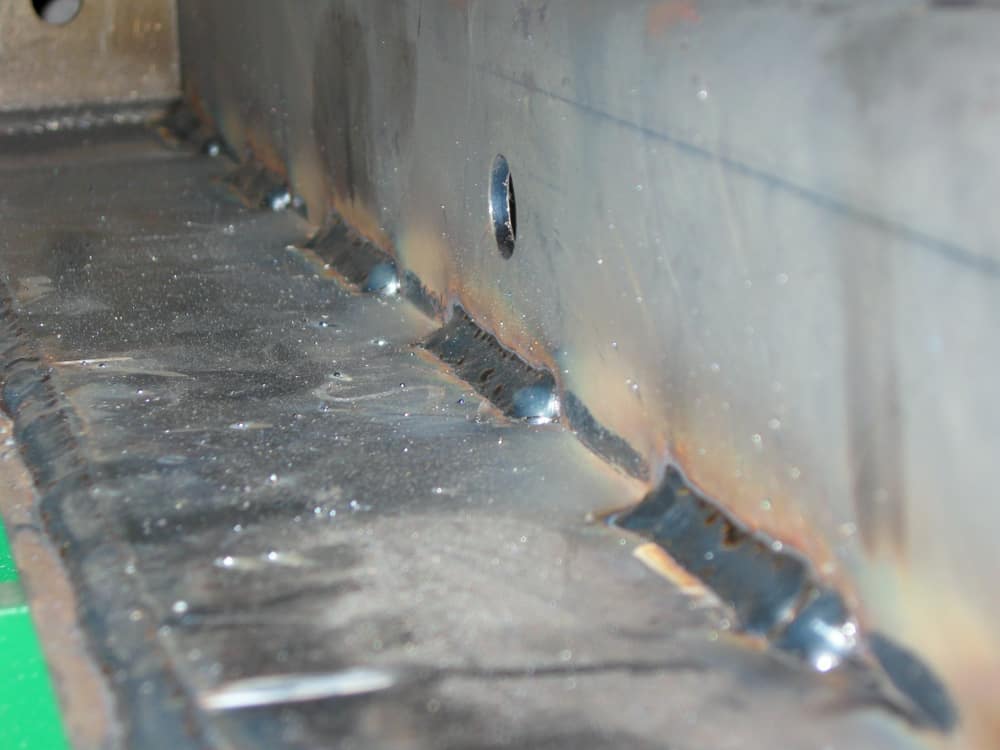
Commonly present in small proportions in steel and its alloys, sulfur is generally introduced through the iron ore or fuels. The sulfur content in the steel mix dramatically affects the mechanical attributes of the metal. In most cases, sulfur is considered an impurity that can cause issues like reduction of fracture toughness when found in excess. On the other hand, too little sulfur content can lead to a reduction in the weldability of steel.
Given the need for high-strength steel components such as pipelines across a wide range of industries, it is important to understand the value of sulfur content in achieving the desired steel properties. This is also an important consideration when carrying out processes like welding.
The Effect of Sulfur Content on Steel Weldability
Steel grades have varying sulfur content, allowing the use of steel in a wide range of applications. However, in most cases, the high sulfur content in steel produces a negative effect on the mechanical properties of the metal. The more significant effects include:
- Crack formation due to sulfides that can lead to fatigue failure
- Reduction of intergranular strength and melting point of steel
- Embrittlement of steel and reduction of weldability, especially when sulfur content is more than 0.05%
This is why technologies such as desulphurization are increasingly exercised to deliver high-quality steel or stainless steel components for industries. However, even when the steel is too low in sulfur, there can be problems related to weldability. Reduced sulfur can lead to an adverse effect on the fluid flow and lead to a wide weld pool with shallow penetration—the inverse of the Marangoni effect.
In addition, if the weld is performed on the metal components with varying sulfur concentrations, the arc and the weld pool will deviate towards the low sulfur heat, shifting the weld root and causing an asymmetrical weld bead.
Welding Procedure for Varying Sulfur Content in Steel
The borderline for sulfur content is very thin, with adverse effects on both sides. While a small amount of sulfur (i.e., 0.05% to 0.026% of weight) has been associated with improvement in weld penetration ability, low sulfur content can cause issues with weld pool control; too much sulfur content can cause issues such as cracking in the heat-affected zone. Considering the problem this can create for critical applications, organizations such as ASMI have established specified ranges for sulfur content in various stainless steel grades.
With a range of sulfur content producing different weld pool attributes, the welding procedures for each range can be different. For thin-walled tubes with low-sulfur content, autogenous orbital welding is ideal. Orbital welding facilitates control of flow rate and purge pressure in the weld pool so that concavity could be avoided. This allows for the creation of a smooth and flat surface in both the internal and outer diameter of the pipe.
For higher wall thickness with low sulfur content, it is much more difficult to control the weld bead and avoid concavity. Before the autogenous orbital welding of such tubes, a ring with a moderate sulfur level is usually inserted to help correct the bead profile and facilitate complete penetration.
Handling Sulfur Content in Steel and its Alloys
While applications that require machining contain a relatively high sulfur content for reducing tool wear during chipping, for most other applications, low sulfur content is preferable for the improved mechanical properties. Weldability can present a significant issue when out-of-spec sulfur content affects weld pool control, strength, and the formation of weld defects. With autogenous orbital welding, heat input, purge pressure, and other parameters can be controlled for a smooth bead profile, especially when welding thin sheets. This is supported by the auto orbital weld heads that promote adequate weld penetration. Industries can rely on orbital welding to handle the wide range of sulfur content and its effect on steel and stainless steel.
Arc Machines, Inc. has been a leading provider of high-quality orbital welding equipment. With its orbital weld heads supporting autogenous welding, industries can handle sulfur content in steel for a wide range of applications. For inquiries regarding products, contact sales@arcmachines.com. For service inquiries, contact service@arcmachines.com. Arc Machines welcomes the opportunity to discuss your specific needs. Contact us to arrange a meeting.
